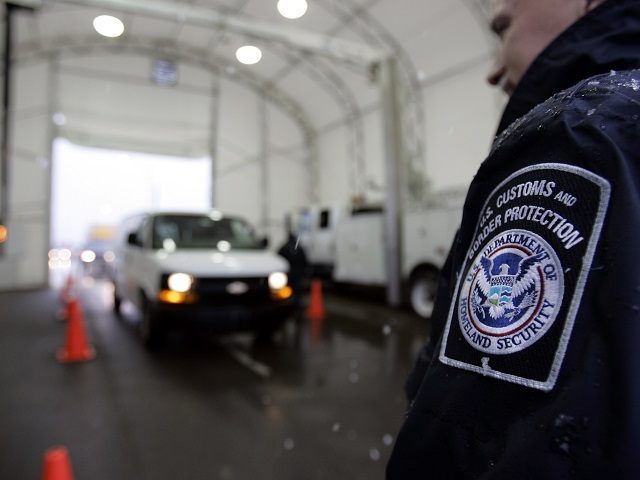Mexico and the United States said on October 15 they will open two jointly staffed border inspection stations on Mexican soil in a bid to streamline trade and improve communication at the frontier. This plan is not new, but has been held up for years in the shadow of controversy over US agents carrying firearms on Mexican soil.
US Homeland Security Secretary Jeh Johnson and Mexican Finance Minister Luis Videgaray said the arrangement would help speed up the flow of goods across a very congested border, according to Associated Press reports. Under the program, pre-inspection stations would allow goods to be reviewed only once, instead of two separate times by US and Mexican agents. Johnson stated, “I view pre-inspection with trusted partners like Mexico as the wave of the future.” This joint-staff concept has actually been in place for some time at the airport in Laredo, Texas, with Secretary Johnson noting that it allows companies to ship goods into eight airports in Mexico.
One of the new facilities will process agricultural goods from Mexico and will be opened near the Otay Mesa crossing in Tijuana, just south of San Ysidro, California. The other joint facility will operate near the crossing at San Jeronimo in the Mexican state of Chihuahua, across the border from Santa Teresa, New Mexico.
Breitbart Texas’s Ildefonso Ortiz reported in April about the legislative debate of the Mexican enabling legislation necessary for the American Customs and Border Protection (CBP) officers to operate inside their national boundaries. The legislation was announced in February by Mexican President Enrique Peña Nieto, as reported by Breitbart Texas. The legislation is an historic milestone for Mexico because it will allow armed law enforcement officials from foreign countries to operate inside its national borders.
“This is a significant cultural shift for the Mexican Government,” Colonel Doug O’Connell, a former U.S. Army Special Forces officer who now provides consulting and security resources to oil and gas companies operating in Mexico and elsewhere, told Breitbart Texas in February. “The impetus behind this change is likely twofold: first, as more joint US-Mexican law enforcement operations become known, it is continually more difficult for the Mexican government to deny that US agent sometimes are armed when operating in Mexico.”
“Secondly, this has been a point of contention for the US Government for some time,” O’Connell said. “As the episodes of violence increase, U.S. Government personnel have become increasingly skeptical of the Mexican police and military’s ability to provide security. It is quite possible that the U.S. Government insisted on this change as a condition of continued counter narcotics funding.”
While CBP officer work diligently to prevent illegal drugs, other contraband, and bad actors from entering the US, many people forget they are also charged with facilitating cross-border trade. Roughly $1 billion in trade goods cross the US-Mexico border every single day, and Mexico is the US’ third-largest trading partner after Canada and China.
Per the Associated Press, trade groups complain that investments in border infrastructure have lagged while congestion has increased, costing companies billions of dollars in business due to delayed shipments. “This is a significant change in how the US and Mexico work together,” said Christopher Wilson, deputy director of the Woodrow Wilson Center’s Mexico Institute. “It’s a step along the road to single border crossings. We could be there in a handful of years.”
Sylvia Longmire is a border security expert and Contributing Editor for Breitbart Texas. You can read more about cross-border issues in her latest book, Border Insecurity: Why Big Money, Fences, and Drones Aren’t Making Us Safer.

COMMENTS
Please let us know if you're having issues with commenting.